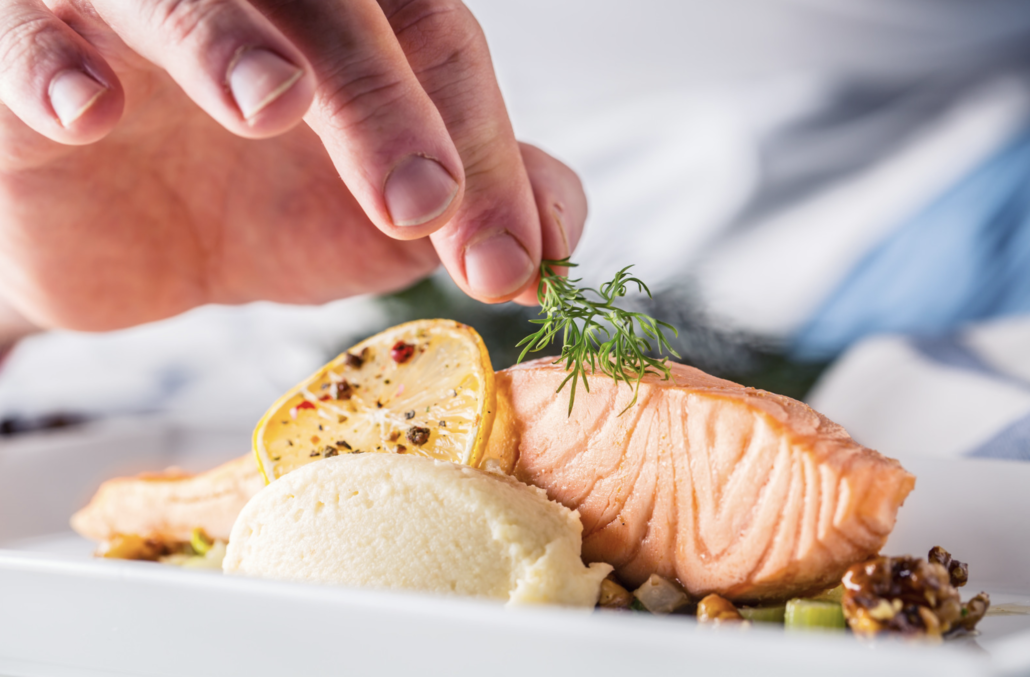Sustainability
Modern aquaculture solutions that safe-guard the global environment and food demand.
Sustainability is a key word in Smart Salmon’s plans for land-based salmon production. Supplying the world’s fast growing population with sustainable, protein rich and nutritious food is a growing challenge. As the world looks for different ways dealing with this challenge, we are quite convinced that land-based farming is clearly part of that solution.
Salmon is the most popular fish in the world. Research from the Norwegian Seafood Council shows that Norwegian salmon is preferred due to its reputation of quality and sustainability, and comes highly recommended across audiences, and purchases are based on quality, availability and price, in that order. Norwegian seafood industry plays an important role in the global food supply chain providing seafood to over 140 markets worldwide, and the largest part comes from salmon produced in the Norwegian coastal areas.
Smart Salmon take this responsibility seriously and have the ambition to play a key role in contributing to more sustainable food production in two ways:
Our facility will grow from eggs to full grown salmon and we will also have on-site processing of consumer brand products. These on-site operations will reduce transportation emissions and therefore reduce our carbon footprint. Our ambition is to have a land-based salmon production that is carbon-neutral. The facility’s only outlet will be cleansed water as waste will be recycled as resources: biogas (methane/hydrogen) plants will convert sludge into electric power.
Consumers are generally concerned with their health and the environment. Their demands on sustainability encourages us to strive for new and better solutions in cooperation with our partners. In our salmon production, what the consumers will be getting is all pure food and there is very little waste, all of which will be reused and recycled in other areas of the food chain.

Our partner AquaMaof’s modern aquaculture RAS technology contributes in safe-guarding the global environment while supplying the food demand with production of salmon that is responsible and sustainable with very low energy consumption pr kg produced fish. No pollution, zero outlet and we are aiming for no carbon footprint.